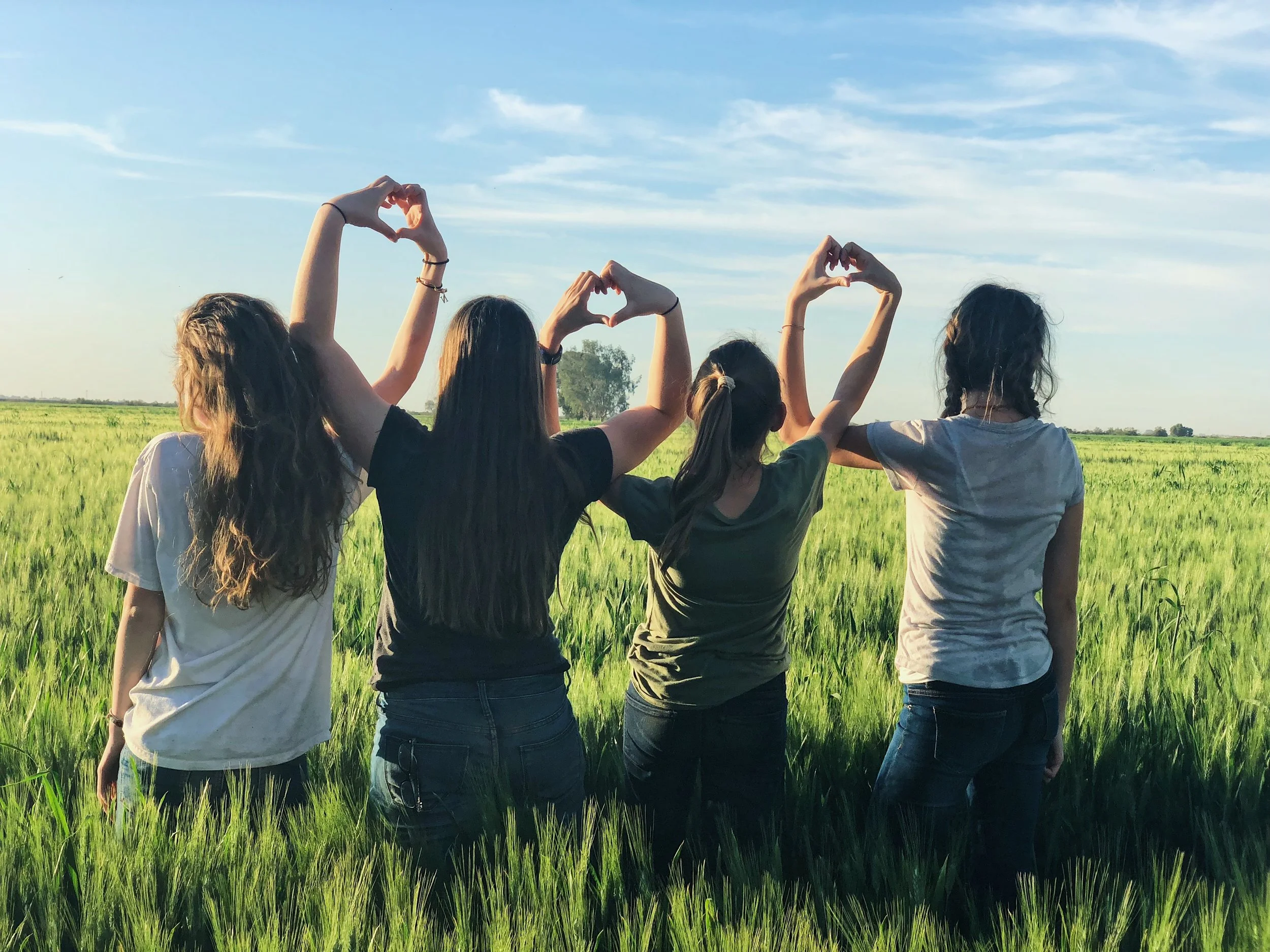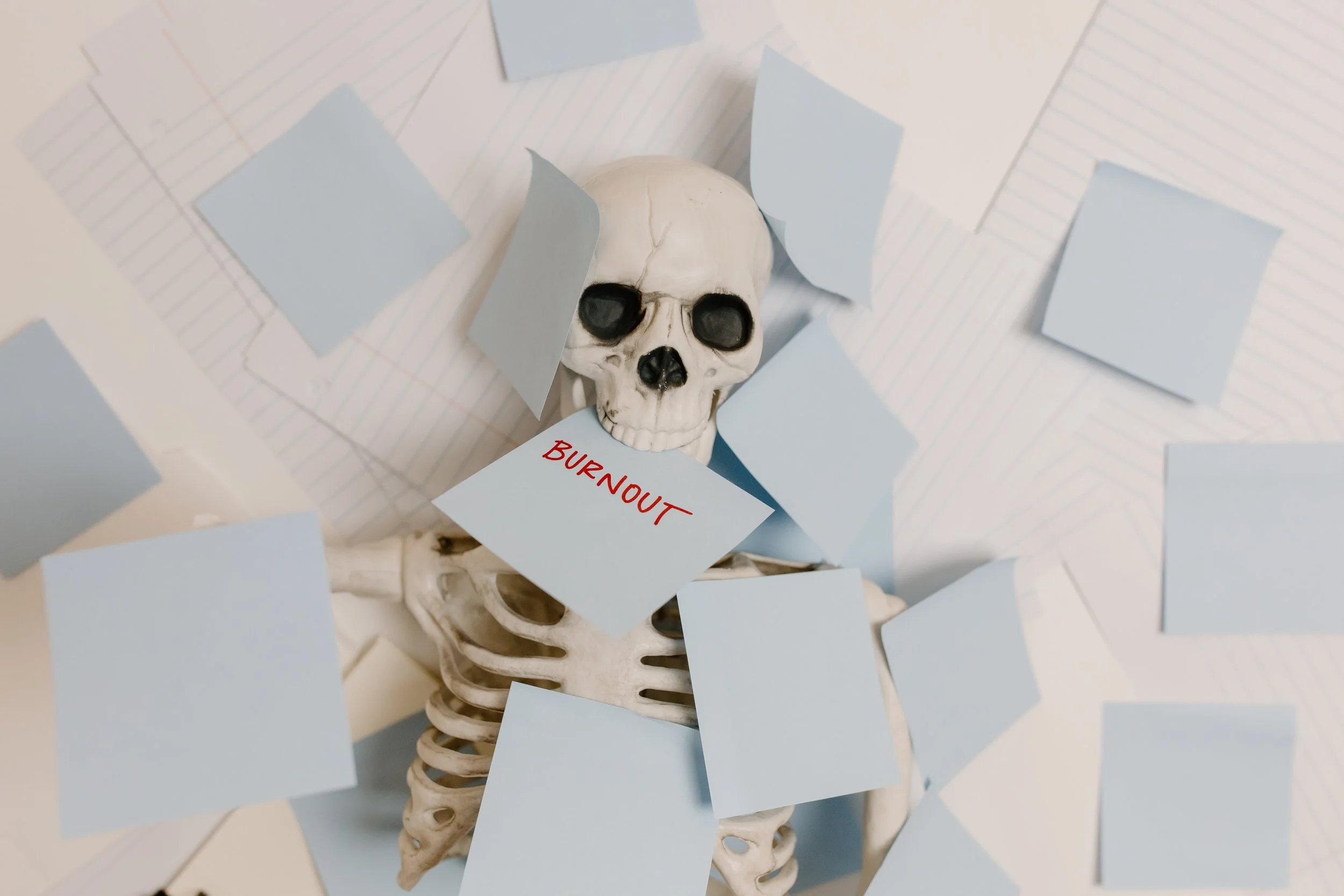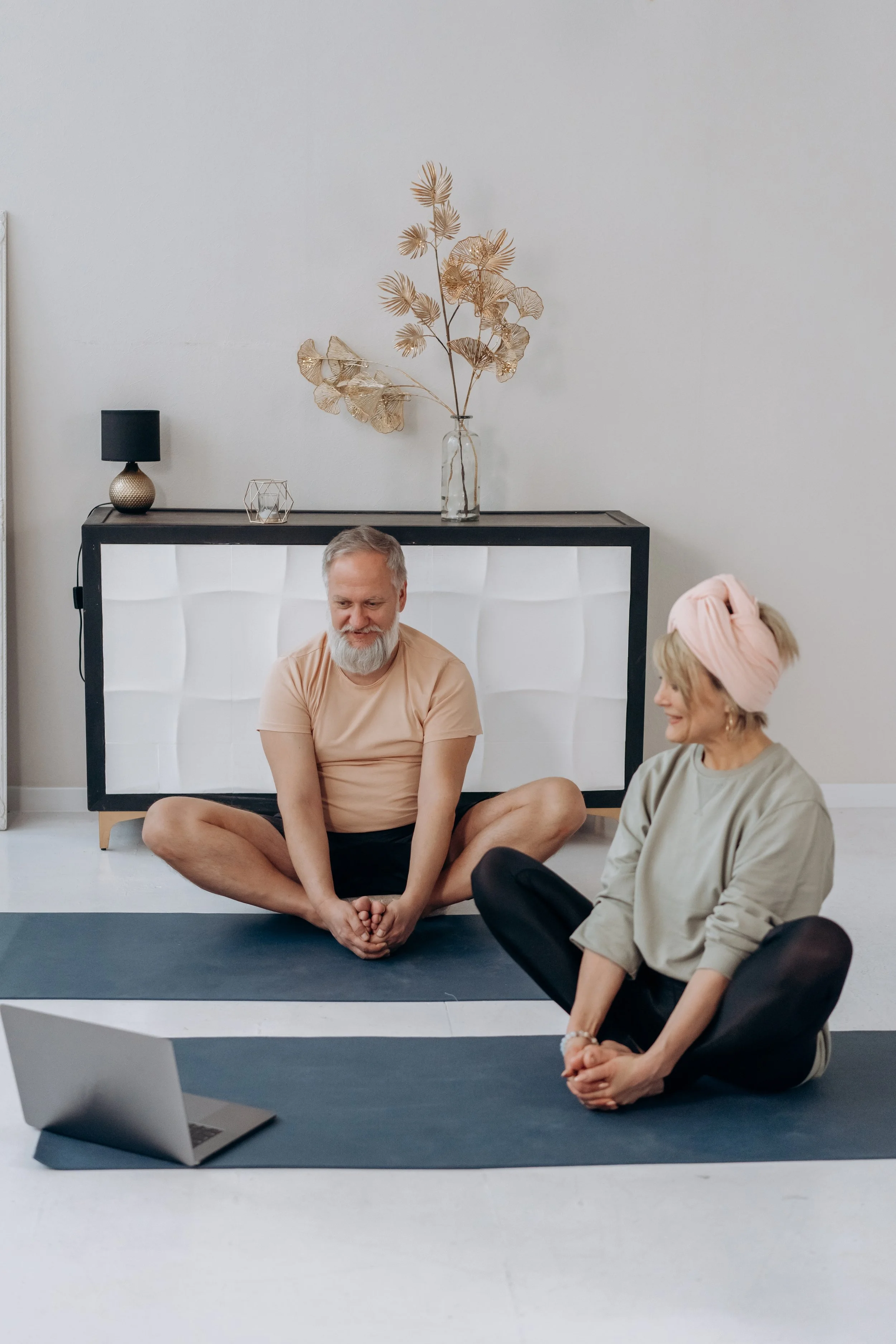Preventing Osteoporosis - What You Need To Know
Osteoporosis is more than a simple calcium issue
According to the Australian Institute for health and welfare 924,000 Australians have osteoporosis. It is more common among women and it does result in hospitalisations from fractures as early as your 50’s.
Why is it that even women who are meeting their daily calcium requirements are still getting osteoporosis? When I see my patients they often comment on how much of a surprise the diagnosis is.
Like most things in the human body there are several factors that contribute to healthy bone density and calcium is just one. Through out I’ll make mention of what you can do to prevent developing osteoporosis.
If you’ve been recently diagnosed please consider going beyond the standard recommendation of increasing your calcium intake.
In fact did you know that taking calcium daily can increase your risk of stroke and cardiovascular disease as has been shown in several studies.
It’s proposed that when there is a high amount of calcium circulating in the body without the co-nutrients required to help that calcium get stored up (like vitamin D and K) in the bones it can end up building in blood vessels making them more rigid. With studies suggesting that long term supplementation with just calcium increasing risks of cardiovascular disease by up to 31%.
If you already have a family history of stroke or heart disease you can see why it’s vital we cover some of the other important nutrients for helping calcium stay where it’s needed, in the bones.
Vitamin D for Osteoporosis
With more of use working indoors we see deficiencies of vitamin D on the rise. In fact it’s one of the most common nutrient deficiencies across the western world.
Most people don’t realise you need to expose both arms during the hottest part of the day for up to 30 minutes to the suns rays to produce your daily requirement of vitamin D. We’re also cautious of the sun due to melanoma and wearing sunscreens and sun blockers.
Consider having this vitamin checked at the very least yearly. If you’re at risk of osteoporosis more regularly, as vitamin D plays a key role in helping you absorb and utilise calcium both in the kidneys and in the gut, without this vitamin it’s unlikely that your body will be able to absorb and utilise the calcium you’re taking.
Interestingly this vitamin works a little like a hormone in the body and so is needed for many other functions including mood. I see many patients in the clinic who are following the standard recommendation of 1,000 ius daily, yet when we look at their recent pathology testing it’s clear this amount isn’t adequate for their current needs, with many desk workers falling below healthy parameters.
Your dosage should be guided by a qualified health practitioner and should be dependant on your current test results. In osteoporotic patients it’s not uncommon to go up to doses around the 5,000 ius for a short period of time to help get this vitamin up. However please note that long term high doses of vitamin D can have adverse effects on health and you want to avoid supplementing without testing.
There is also some growing concern that the combination of calcium and vitamin D supplementation can increase the risk of kidney stones and this is a factor to consider long term. For similar reasons as mentioned above, with an increase in the amount of calcium in the body fluids we see calcification happening in other organs leading to other health complications.
This is also the risk of self prescribing supplements, even as a naturopath I often refer patients for functional pathology or refer them to a GP to have proper investigations done before we commence nutraceuticals.
Phosphorous
We can’t really do this topic justice here without understanding that the minerals found in bones go beyond calcium and phosphorous is another mineral we need for bone health.
Like with most things in the diet too much can lead to problems as can too little.
This is where testing can be very helpful.
Phosphorous is found in meats, and dairy products in large amounts, and so if you want to increase your consumption of calcium you’re best off trying to achieve this with only high quality organic dairy in small amounts, if possible focus mainly on plant forms like leafy greens.
Vitamin D also influences the absorption of phosphate from the gut. So low vitamin D can lead to both low calcium and phosphate.
I make mention of this mineral mainly because there is a lot of attention now being given to high consumption of animals products and an increase in calcification in the body, and it’s thought to be due to excess phosphorous read more here.
Boron
In my opinion this mineral doesn’t get nearly enough attention when it comes to bone health and density. In many of my female patients who are peri-menopausal this trace mineral comes back very low on analysis and there have been studies that show boron plays a pivotal role in bone growth and density.
It helps to metabolise and control calcium, which we now know if left unchecked in the body at high amounts can negatively impact your cardiovascular health.
You can see this 2020 review study on this mineral and it’s role in bone health.
If you are concerned with osteoporosis then this mineral is one to consider, unfortunately it’s often low in our food because of the overarming that’s happening with soil.
Vitamin K2
This vitamin is very often over looked and the research supports it as being a keystone in the building of bones, it’s essential in osteopenia, osteoporosis and general bone healing.
If you take nothing else from this article be it that this if often the missing piece in slowing down and even reversing bone loss in the body. It will also help to mitigate some of the known calcification hazards of taking calcium and vitamin D as mentioned above.
Vitamin K2 is non toxic and very safe to take. Unlike vitamin K1 which requires some care as it plays a role in blood clotting, K2 does not and can be used long term.
It’s found in highest amounts in a commonly known Japanese food called Natto however it’s also present in goose liver, gouda cheese, and brie cheese as there is a specific bacteria in the fermentation process that helps to create this vitamin.
It is very easy to supplement and in fact should be used any time vitamin D is supplemented because it will help to enhance the retention of calcium in bones where it’s needed.
It does this by activating osteocalcin the protein that grabs onto calcium and keeps it in bones. It also helps in the prevention of plaques in blood vessels.
Vitamin K is also thought to support vitamin D in its activity in building bone strength.
This vitamin is vital for strong bones, and it should not be overlooked especially if you’re supplementing with calcium and vitamin D.
It’s also been found to play a role in preventing certain cancers including prostate, teeth and gum issues like periodontitis, varicose veins, is thought to help with neurological health and conditions like MS and alzheimers (it’s found in highest amounts in the brain) and is thought to protect neurons from Mercury damage.
Studies have shown that over 90% of Western populations are deficient in this very essential nutrient. It’s thought to be because of a reduction in the consumption of fermented foods and issues with gut health. As we know that vitamin K2 can also be made in the gut.
Address the gut
Speaking of the gut much of our building blocks for each cell including bone cells start here in the gut from the breakdown of food you’re consuming.
It goes without saying that you should be consuming a diet as close to whole foods as possible. However if your gut isn’t functioning at an optimum level then you can hardly expect to be breaking down, absorbing and utilising your nutrients from the food.
If you’ve had poor gut function, IBS, or been on antacids like somac for a long period of time please consider seeking more advice from your naturopath. There is a lot you can do with both your diet and nutrient status to help you bring about a healthier gut which is essential for absorbing the nutrients for building your bones.
The role of stress
Too much stress will impact your bone density, it’s important to manage your stress and anxiety.
High levels of cortisol and low levels of oestrogen. Unfortunately this is a combination that all too often leads to issues with bone density. We see peri-menopausal and menopausal women struggle with high stress loads and low oestrogen.
Low oestrogen will lead to a reduction in the conversion of vitamin D to it’s active form. An increase in inflammatory proteins which stimulate osteoclasts (cells that break down bone)
Cortisol (stress hormone) is thought to decrease the activity of bone building factors like the action of osteoblasts. If you’re taking glucocorticoids (pharmaceutical medications) long term please note these are known to contributing to a decrease in bone density due to the cortisol.
Resistance type exercise
This has been known for a long time to increase and improve bone density, by working your muscles in activities like pilates, yoga, and light weights you gently stress the bones and this can trigger the building of new and more done.
Unfortunately many of us are very sedentary in our every day lives and so if you have low bone density or are in the high risk group (women over the age of 40) then you want to start incorporating some form or resistance exercise into your weekly routine. A 30 minute session 3 times a week is a good starting point.
Assess and address your thyroid!
Your thyroid hormones play a key role in the health of your bones, in fact it’s the thyroid hormones that when released into the blood stimulate calcium and phosphorous to be released from your bones.
Having excessive amounts of calcium in the body can impact your thyroid function and conversely having a large amount of thyroid hormone circulating can lead to a movement of calcium and phosphorous out of the bones and into the blood stream.
If you suspect your thyroid is an issue please have the full thyroid panel completed by your naturopath or GP.
Unfortunately we’re seeing a surge in thyroid imbalance due to our current lifestyle and diet. I’ll post on this some time soon so stay tuned.
Remember this isn’t medical advice you should seek out individualised support and advice for your health needs, if you have any questions feel free to fill out the contact form below, of take a closer look at the one to one sessions here.








